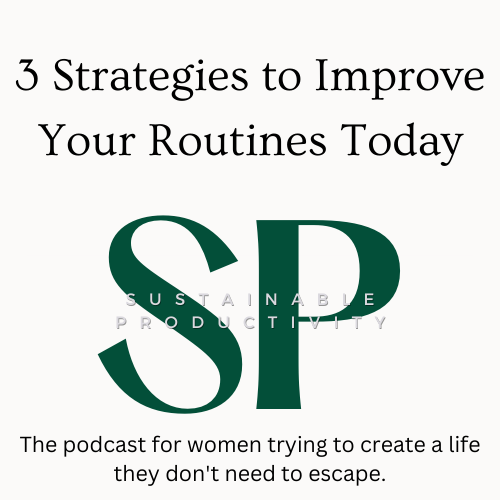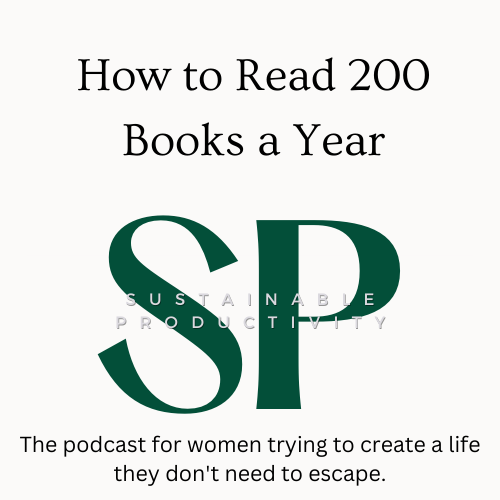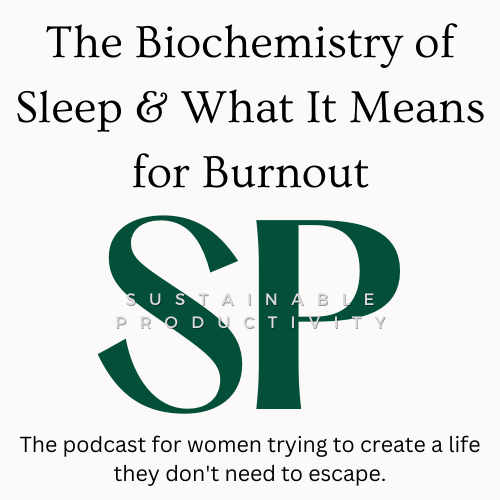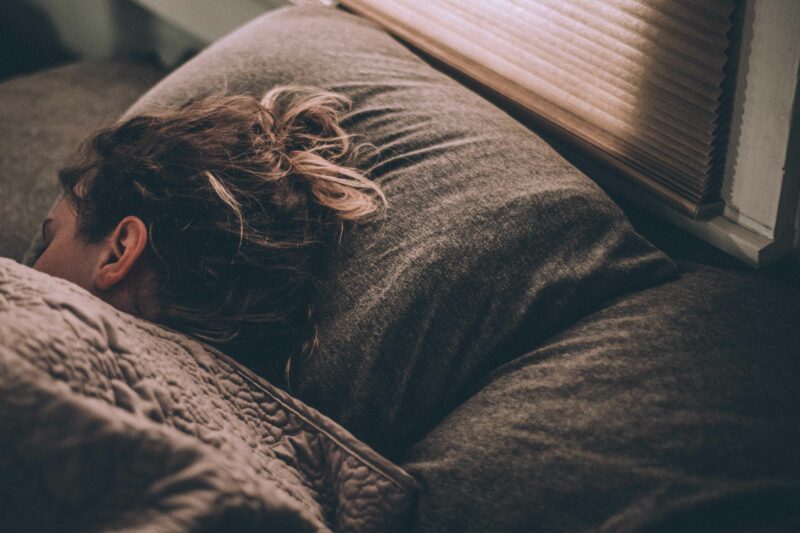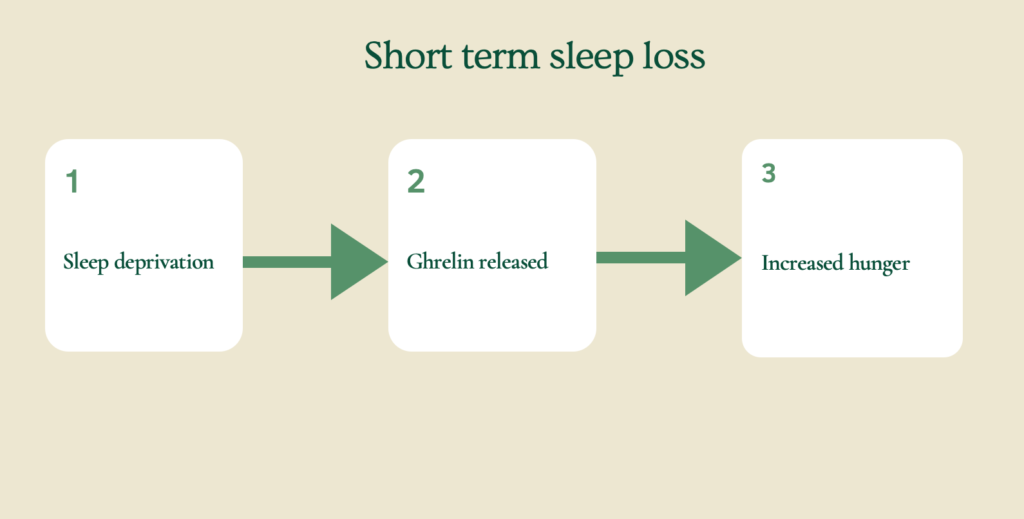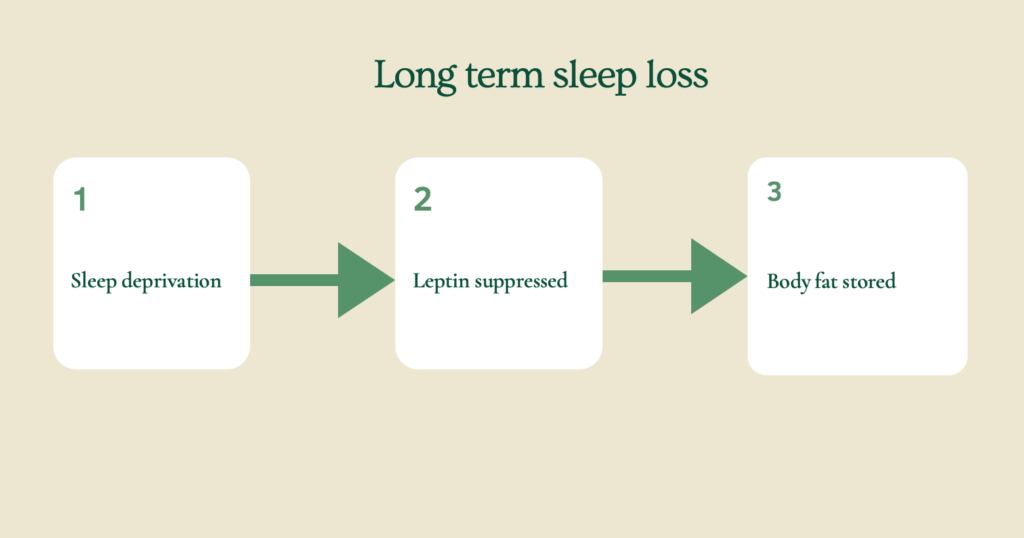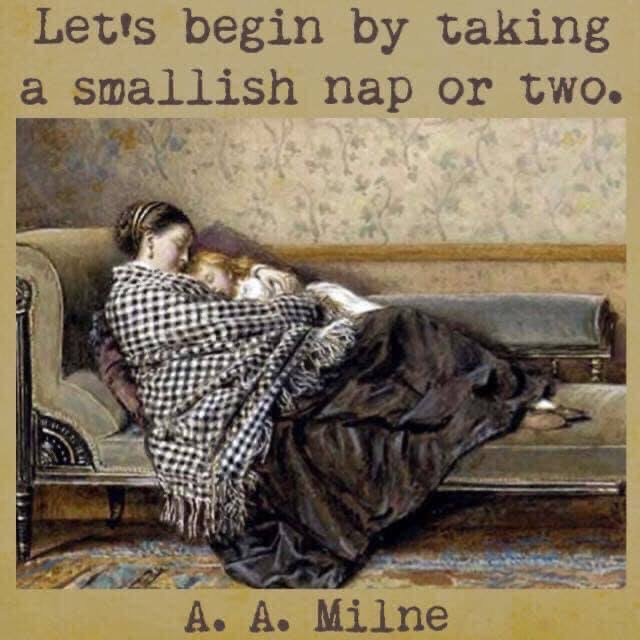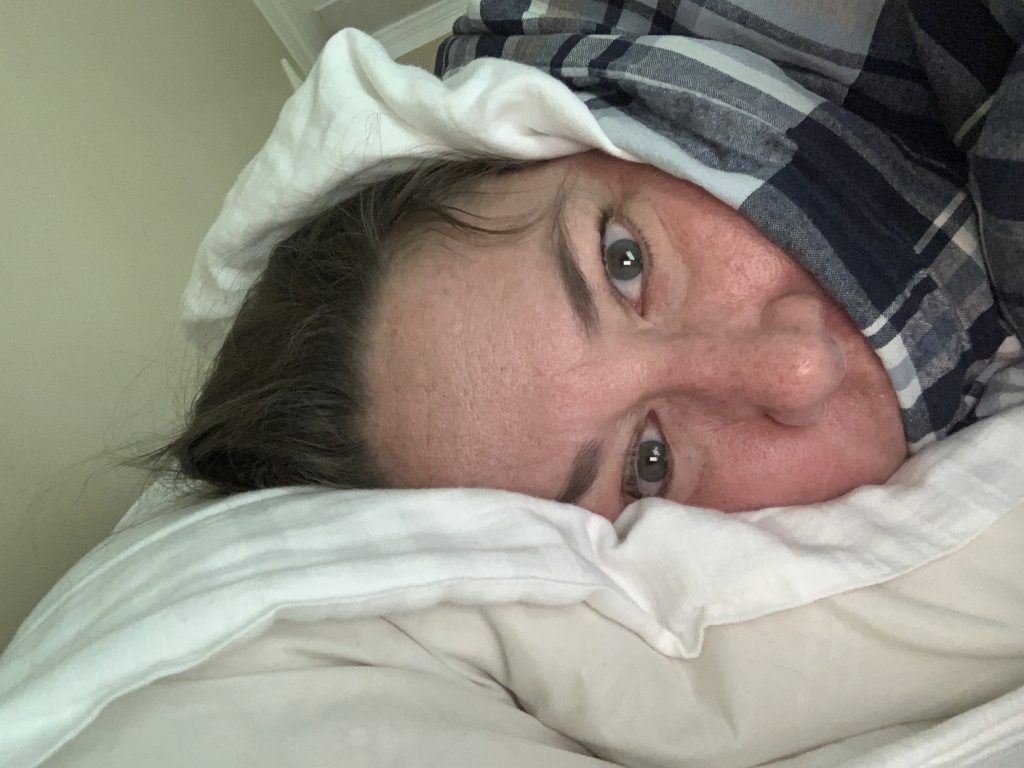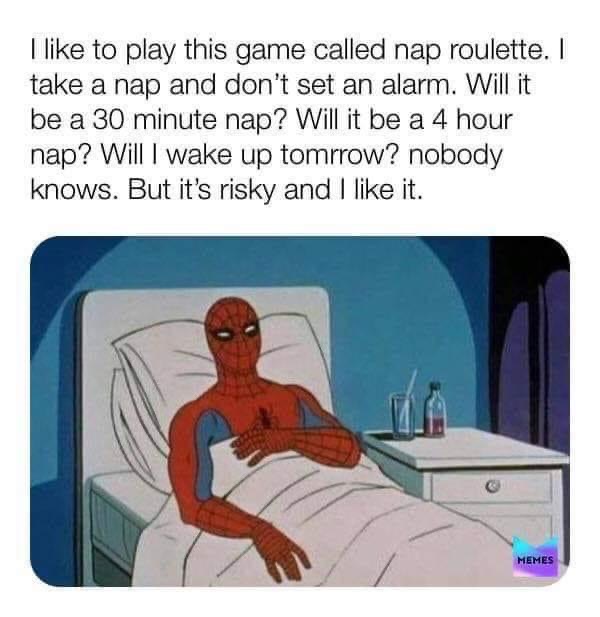Episode 8: Three Strategies to Improve Your Routines
Your life is made up of routines whether you like it or not. The Sustainable Productivity question for you is – How are those routines working for you? On this episode Susan teaches about the difference between schedules and routines and a theory she relies on to keep routines consistent. After walking through some real life examples, Susan will provide three practical strategies you can use to improve your morning routine, evening routine, clean up routine – ANY routine! Don’t let another day go by with your day running you.
Listen at the link below or search “Sustainable Productivity Susan Sanders” wherever you get your podcasts.
Links mentioned in this episode of the Sustainable Productivity podcast:
- Sign up for episode emails, weekly essays, and links so you never miss a thing!
- If you want to start to track your habits go here to download the habit tracker Susan mentioned in this episode.
